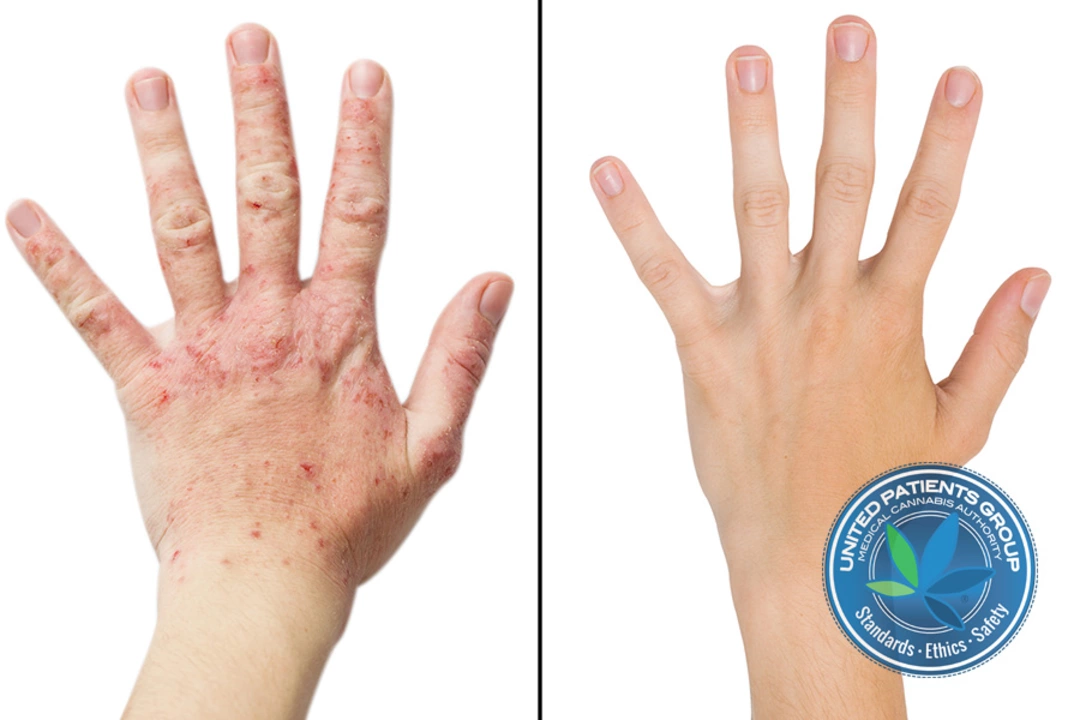Difficult-to-Treat: Practical Help for Stubborn Conditions
Struggling with a condition that won’t respond to standard treatment is frustrating. This tag collects plain, useful guides — from safer ways to buy meds online to real alternatives when common drugs don’t work. Here are practical steps you can take now, written so you can act on them.
Start with a focused review
Before changing treatments, do a short checklist: confirm the diagnosis, review current medicines, check how you take them, and note side effects or missed doses. Bring that checklist to your next visit. A clear list helps your clinician spot gaps fast — wrong diagnosis, low adherence, or an interaction that blunts effectiveness are common causes of apparent treatment failure.
If you’re on a long-term med like antidepressants, blood pressure drugs, or nerve pain meds, ask about dose, timing, and drug interactions. Small changes (timing, combining with physical therapy, or adjusting dose) can make a big difference.
When one drug fails: options that actually matter
There’s rarely a single fix. Practical options include switching drug classes (for example, trying other antidepressants instead of escitalopram), combining therapies (medication plus rehab or counseling), or using newer alternatives (like naltrexone for alcohol dependence instead of older drugs). If pain meds like gabapentin stop helping, discuss other classes or non-drug strategies — exercise, targeted nerve blocks, or physical therapy often help when drugs alone don’t.
For serious or rare problems — like leptomeningeal metastases or treatment-resistant asthma — ask for a specialist referral early. Oncologists, pulmonologists, neurologists, and pain specialists see these cases regularly and can offer targeted treatments or trials unavailable in general practice.
Clinical trials are a real option. They can give access to newer therapies and close monitoring. If you’re open to trials, ask your specialist or check registries for studies that match your condition and history.
Safety matters when you look for medications online. Use well-known, accredited pharmacies and avoid offers that sound too cheap or deliver controlled substances without a prescription. For anxiety meds like Xanax or Ativan, never buy from unverified sites. Look for pharmacy accreditation, clear contact info, and a requirement for a prescription.
Track your symptoms and side effects in a simple diary. Dates, medication taken, sleep, pain scores, and triggers make patterns clear. Share that diary at visits — it speeds decision-making and reduces guesswork.
Finally, lean on support: patient groups, nurses, and pharmacists can help with adherence, side effects, and coping strategies. Treatment-resistant doesn’t mean hopeless; it means you need a different approach. Use the resources here to ask better questions and find safer, smarter next steps.

